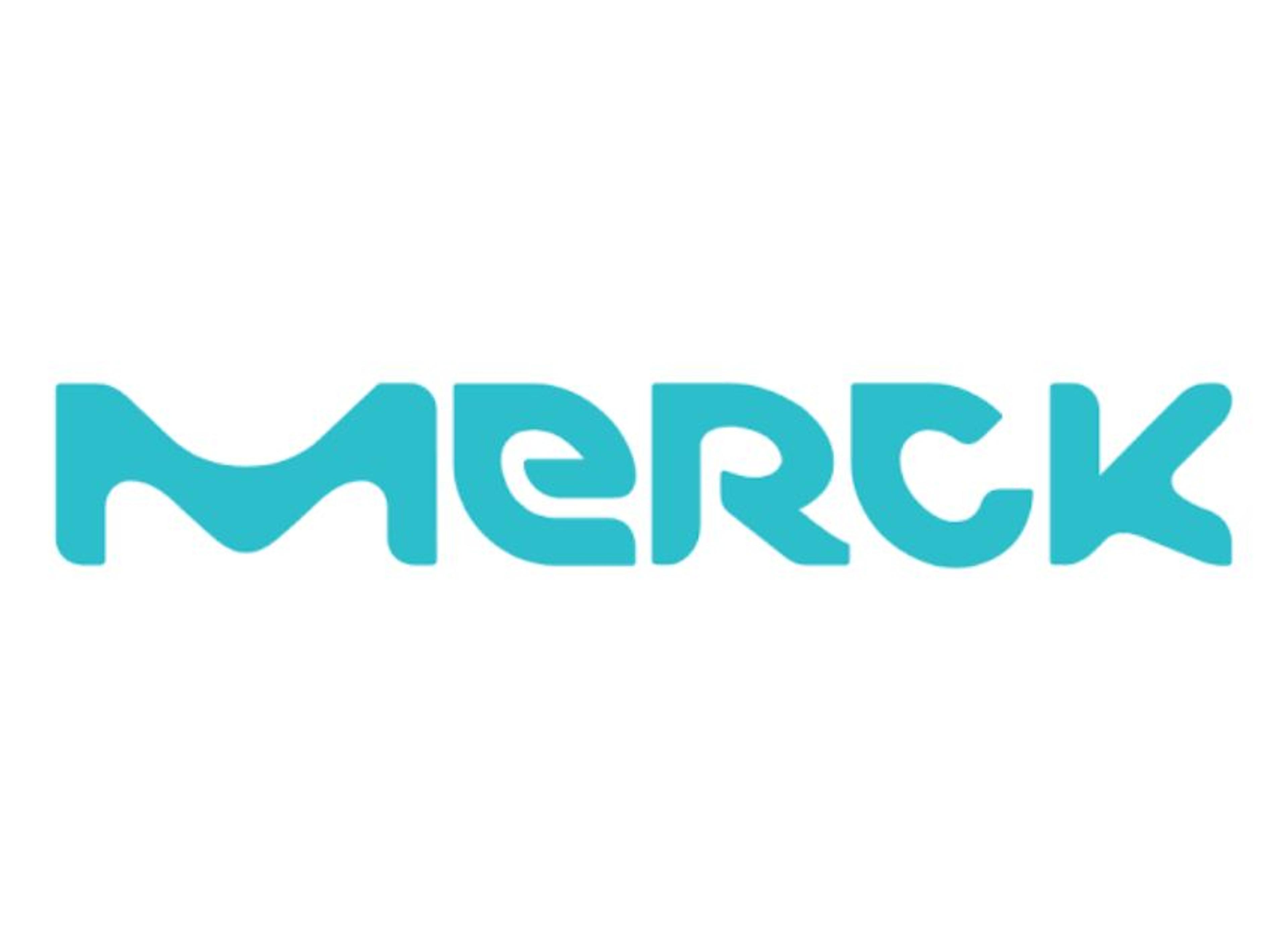New Kits Simplify Genome-wide Expression Studies
16 Feb 2010Millipore Corporation today announced its new Magna ChIP2™ chromatin immunoprecipitation DNA microarray kits, the first kits to provide reagents, microarrays, and validated protocols for the entire ChIP-chip workflow. The kits allow researchers to map entire gene regulatory networks and patterns of epigenetic marks using microarray technology.
To affect gene expression, regulatory proteins bind to DNA not just at a single site on the genome, but at many different sites. The human genome contains three billion DNA base pairs of sequence, so determining all the DNA binding sites for a protein is a daunting task. ChIP-chip makes it possible to examine protein-DNA interactions on a genome-wide scale. However, because of the complexity of the protocol and the costs of obtaining the wide range of reagents, the method has, until now, been limited to only a small number of expertly trained, well-funded laboratories.
“Genome-scale ChIP analysis can assess the function of a particular epigenetic modification when genetic analysis is not possible because ChIP-chip and ChIP-seq provide the statistical power required for correlations," explained Dr. Mathieu Lupien, Assistant Professor of Genetics at Dartmouth Medical School, who depends on over 15 Millipore antibodies for his epigenomics research at the medical school's Norris Cotton Cancer Center. Applied research using ChIP-chip has contributed to a greater understanding of diseases and of cellular processes, such as proliferation, cell fate determination, cell death, and neural development.
To accommodate different scientific approaches, two types of kits are available. The Magna ChIP2 Promoter Microarray kits contain the necessary reagents for ChIP-chip and either human or mouse Agilent® promoter microarrays. The Magna ChIP2 Universal Microarray kits contain the necessary reagents for performing ChIP-chip with microarrays provided by the user. The kits are the fruit of an ongoing collaboration between Millipore and Agilent Technologies.
In addition to ChIP kits and reagents, Millipore has more than 1,300 validated immunoreagents for studying epigenetic mechanisms and gene regulation. These include Chemicon® and Upstate® reagents, which Millipore acquired in 2006.

